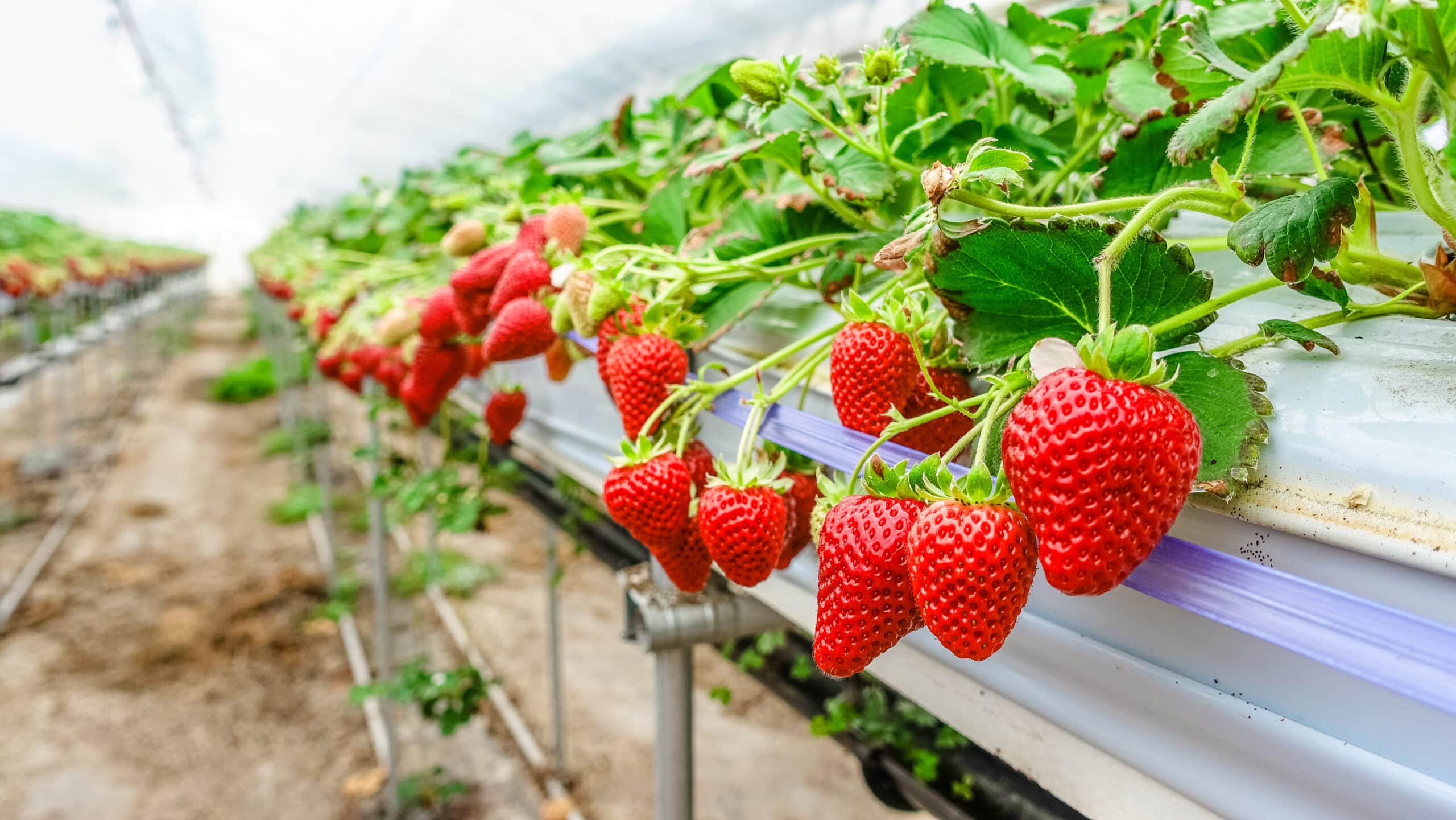There is growing interest in insects as a healthy alternative protein source providing a range of environmental benefits over traditional sources. Edible insects are widely consumed in many regions of Africa, Asia, and the Americas. Globally, around 2,000 species are known to be edible and consumed by approximately two billion people. In Western countries, the thought of eating insects is gaining attention as consumers learn more about their nutritional and environmental benefits.
Despite many benefits, considerable consumer resistance remains, particularly in developed countries. According to Giovanni Sogari, a social and consumer researcher at the University of Parma.
“There are cognitive reasons derived from our social and cultural experiences, the so-called ‘yuck factor,’ that make the thought of eating insects repellent to many Europeans. With time and exposure, such attitudes can change.”
So, what are the benefits of using insects as food, how can the industry overcome the ‘yuck’ factor, and are there any risks?
Why are insects good to eat?
The demand for affordable and sustainable protein is surging due to a growing global population. The Food and Agriculture Organization (FAO) are promoting insects as food and feed in an attempt to safeguard future food security.
According to Barclays Bank, the global insect protein market will reach $8 billion by 2030. Insects can be produced using vertical farming technology and the number of commercial operations is growing. There are also environmental advantages of insect farming compared to traditional livestock, these include:
- Less land and water is required;
- Greenhouse gas emissions are lower;
- Insects have high feed conversion efficiencies;
- Insects can transform low-value organic by-products and food waste into high-quality food or feed;
- Certain insect species can be fed to animals or fish.
How can the food industry best make use of insect products?
Edible insects are an extremely healthy protein source for humans, so, how can food companies overcome the ‘yuck’ factor?
One option is to use insects in a way that insect food products do not look like insects. For example, insects can be substituted for cereals to produce flours to produce bread or to enrich snacks because of their high levels of proteins, lipids, and fibre. High-value products such as antioxidant agents, insulin regulators and anti-inflammatory peptides can be obtained from insects. Fatty acids that play a significant role in human health and lipids from insects have shown positive impacts on coronary disease, inflammation, and cancer.
There have been attempts to commercially produce bread using insect flour. In 2017 a Finnish bakery Fazer launched Fazer Sirkkaleipä (Cricket Bread) containing flour produced from crickets. The bread was initially successful, but sales soon fell. They claim there were no issues with the taste of the product, that most comments from consumers were positive, and there is a growing interest amongst millennial consumers. However, the company believes that the product was on the market 5 to 10 years too early. According to Juhani Sibakov, R&D director at Fazer Bakery:
“We see insects as an ingredient for the future, but consumers are not yet used to eating insects.”
What are the risks associated with eating insects?
Insects that have not been produced in accordance with a food safety management system can contain biological agents and substances that can represent a health threat to consumers. Allergens may also be present in some insect species. The European Food Safety Authority (EFSA) has stated that risks are dependent on the insect species, their feed, and the production and processing methods used.
Fresh insects are riskier than processed products and insects farmed under controlled conditions may have lower levels of hazards as compared with those that are wild harvested. Insects can be a vector for foodborne pathogens, however good management alongside the development of appropriate regulation will mitigate the risks.
Insects as an opportunity
Farmed insects could provide a range of environmental, economic and health benefits. Using insects as food ingredients rather than for consumption as whole insects can provide a way for insects to gain a foothold within the food supply chain in Western and European markets. Food companies have an opportunity to produce a range of high-value insect products, providing care is taken to minimise risks to human health and careful product development.
Get expert advice
With an ever-growing global population and emerging risks associated with climate change, the food sector must grow to keep pace. As ambitious food and beverage companies diligently search for new and exciting investment opportunities, insect protein is one of many emerging solutions that are likely to gain momentum over the next decade.
Farrelly Mitchell’s agribusiness and food advisory services help clients make the right decisions. With a proven track record in operational and due diligence and in-depth food and beverage sector knowledge, we help clients to improve the quality and efficiency of their food business and identify risks and opportunities in investing in assets such as insect protein production or processing plants.














